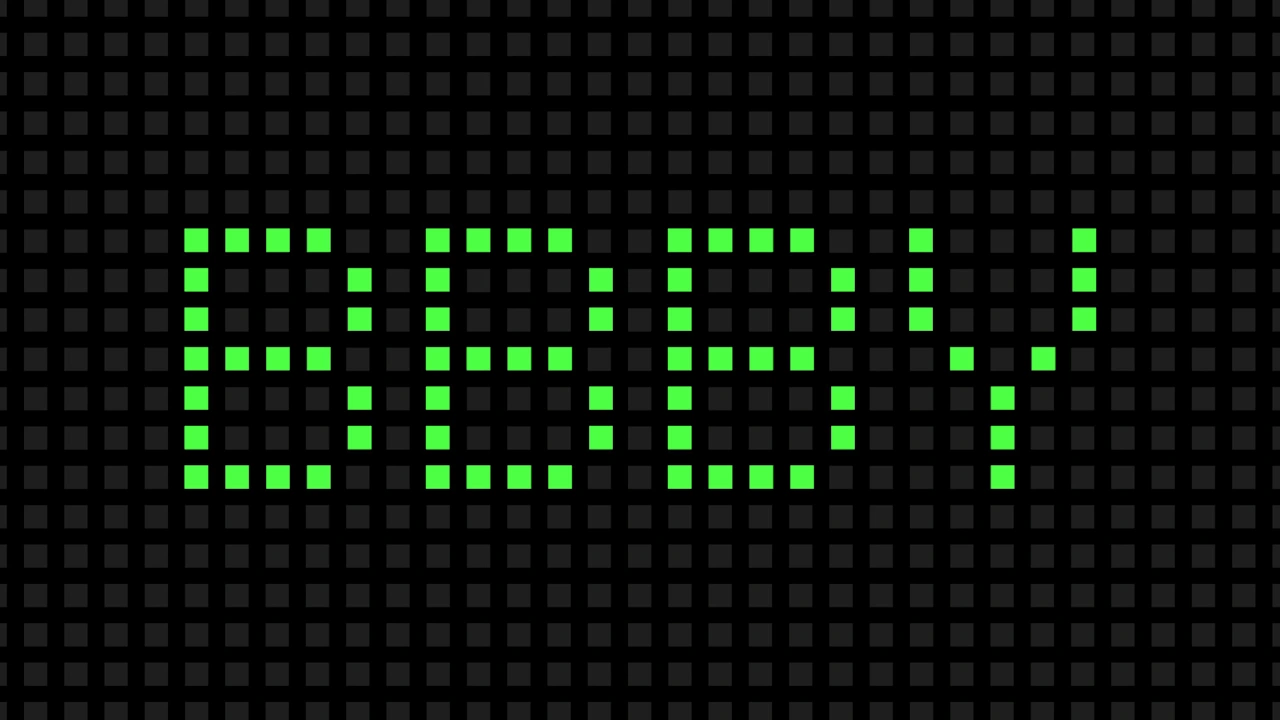
Today, Bed Bath & Beyond will be trading on the New York Stock Exchange under its former ticker symbol BBBY.
But no, you haven’t missed the home goods retailer’s initial public offering. The brand’s owner, Beyond, Inc., has decided to change its company name to that of its most iconic retail brand and, with that change, adopt the former Bed Bath & Beyond ticker as its own stock symbol.
Here’s what you need to know about the “return” of BBBY to the stock market.
What’s happened?
In mid-August, Beyond, Inc., the owner of the Bed Bath & Beyond, Overstock, and buybuy BABY brands, announced that it would change its company name to Bed Bath & Beyond, with the stock ticker changing when the market opens on Friday, August 29. That’s today. The company’s previous ticker was BYON.
The newly renamed Bed Bath & Beyond, Inc. stock under the old BBBY ticker will continue to trade on the NYSE.
So in short:
- Beyond, Inc. has changed its corporate name to Bed Bath & Beyond, Inc.
- The company is also changing its stock ticker from BYON to BBBY.
The revival of Bed Bath & Beyond
The name change of Beyond, Inc. to Bed Bath & Beyond, Inc. and the ticker change from BYON to BBBY are just the latest moves by the company as it aims to revive the Bed Bath & Beyond brand.
The once ubiquitous home goods retailer, which was a staple of suburban shopping landscapes in the early 2000s, struggled, like many retailers, with changing consumer shopping habits, rising costs, and declining foot traffic.
In 2023, the chain filed for bankruptcy, and the brand was acquired by Overstock.com, which Beyond owns.
Early this month, Beyond teamed with retail operator The Brand House Collective to reopen a physical Bed Bath & Beyond store in Nashville, Tennessee—the first Bed Bath & Beyond store the country has seen in years.
Beyond says the new sole store “has experienced significant traffic and revenue alongside nationwide media coverage.”
And it doesn’t seem that the Nashville Bed Bath & Beyond will be the sole location for long.
CEO Marcus Lemonis has claimed that up to 300 more Bed Bath & Beyond locations are in the works. (He has also been embroiled in a dispute with California Governor Gavin Newsom, stating that while 300 more stores are planned, none will be located in California due to the state’s regulations.)
Addressing the corporate name change from Beyond, Inc. to Bed Bath & Beyond, Inc., Lemonis said, “Our name change is highlighting one of the most valuable pieces of intellectual property that investors and consumers know today and does not change our intense focus on growing revenue, achieving profitability in the near term, and monetizing valuable blockchain assets.”
A nostalgia and meme play?
Bed Bath & Beyond is arguably the most recognizable IP that Beyond owns, so it makes sense to rename the company after it, especially if a major retail expansion is planned. However, the company’s use of the old stock ticker might seem to some observers as a little more forced.
We already know that Bed Bath & Beyond isn’t afraid to play the nostalgia card, which it is already doing with its Nashville reopening by allowing customers who have old, expired Bed Bath & Beyond coupons to use them at the old location.
One can’t help but speculate that the ticker change from BYOD to the old BBBY may be a nostalgia play in hopes that it will give shares a boost—especially from meme stock investors.
Before the retailer filed for bankruptcy, BBBY had been a favorite meme stock, alongside such legacy companies as GameStop, BlackBerry, and AMC. It will be interesting to see how the stock reacts today, its first trading day under the new symbol, once markets open.
Yesterday, BYOD shares closed their last trading day under that ticker, up 3.51% for the day to $9.44. As of yesterday’s close, BYOD had already had a terrific run year to date, with the stock surging more than 91% in 2025 so far. However, over the past 12 months, BYOD shares have declined by more than 7.5%.
Could the stock make up those losses once its ticker symbol changes to BBBY today? Only time will tell.